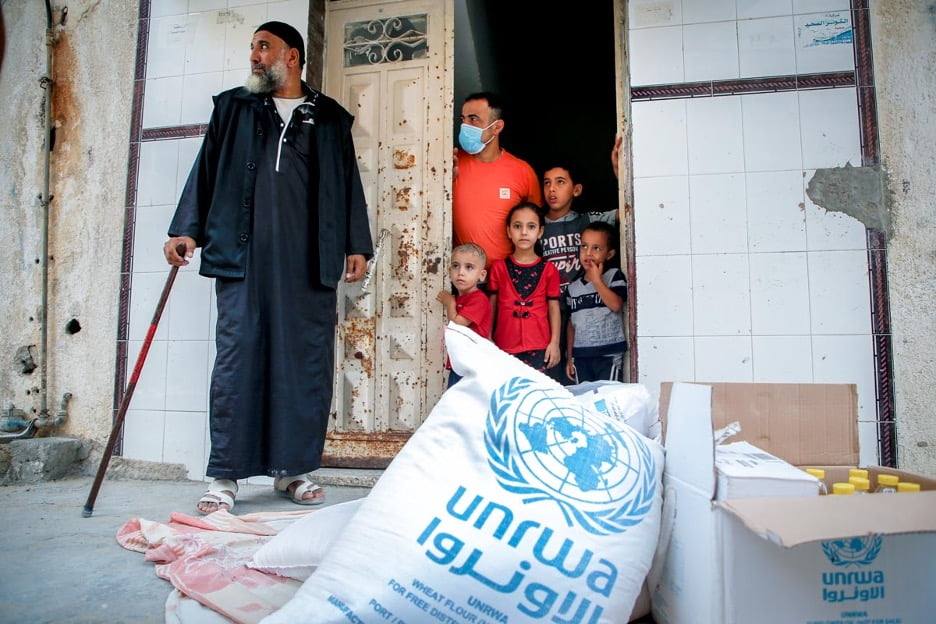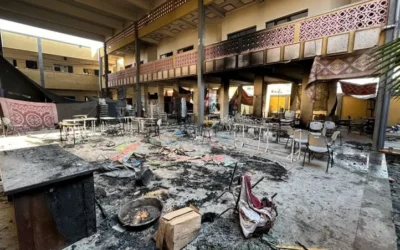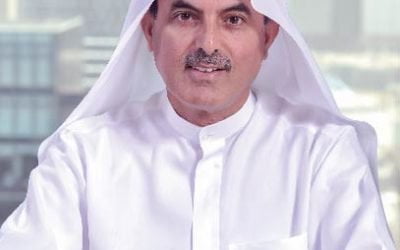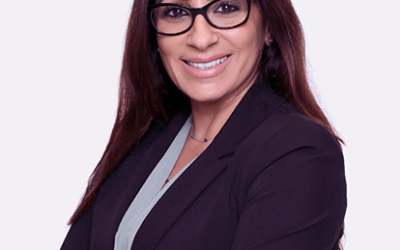Arab philanthropy: moving beyond money to outcomes
Calls for more funds to serve those who are facing aggravated health and economic risks in the Arab region due to the onslaught of COVID-19, have been multiplying every month since the pandemic struck in March this year.
The United Nations Relief and Works Agency for Palestine Refugees (UNWRA), in its COVID-19 appeal, has asked for $94.6 million this year alone to continue responding to the emergency needs of 5.6 million registered Palestine refugees in the Middle East. The funds are intended to be, among other things, spent on healthcare, direct cash assistance and education. According to UNICEF, 150 million additional children have been plunged into poverty due to COVID-19, pushing the total number to an estimated 1.2 billion.
“Families on the cusp of escaping poverty have been pulled back in, while others are experiencing multi-dimensional levels of deprivation they have never seen before. Most concerningly, we are closer to the beginning of this crisis than its end,” said UNICEF executive director Henrietta Fore.
In such a grim scenario, it is not surprising that the number of appeals for funds is multiplying at an alarming rate, with governments in low and middle-income countries struggling to ensure that at least the basic needs of their populations are met.
Amidst this crisis, it is interesting to note that donors in the Arab region, and globally too, are looking at their donations in a very different way. There is a diametric shift away from giving money and counting success based on the dollar value collected and donated, to having an outcomes-focused mindset.
The increased attention on outcomes, rather than outputs, is paramount as the development sector has evolved over time. The delivery of goods or services is no longer the metric by which success is measured; rather it is more and more about “measurable benefit.”
In education, this will signify that providing training to a group of people is no longer enough for donor accountability. The training must offer upskilling to beneficiaries and pave the way for them to access better opportunities and attain elevated levels of living and livelihood. In other words, we do not need more youth earning a “certificate of completion” for a course that does not give them a better chance of getting a job.
This global shift towards “responsible giving” is arguably more pronounced among Arab philanthropists and young Arabs in general. It is operationalized through initiatives like the Gulf-backed Centre for Strategic Philanthropy at Cambridge Judge Business School, the Global Muslim Philanthropy Fund and Alfanar, the Arab region’s first venture philanthropy. These are examples of initiatives that demonstrate the new ways in which Arab philanthropy is leveraging funds to achieve better results for vulnerable populations. In other words, monetary donations are an insufficient mechanism when it comes to the new way of giving in the Arab region.
Interestingly, we are now seeing education grants being given based on a competitive selection process solely to organizations that work directly with refugee and conflict-affected children and youth in the UAE, Lebanon, and Jordan. In addition, the philanthropists are embedding an impact-driven funding approach in their partnership-agreement model.
The most notable piece in this puzzle is the foundation of professional accountability within the strategic partnership model that facilitated the rapid responses needed for operators to respond to urgent situations. The result of this approach is that refugee and vulnerable Arab youth receive educational opportunities that lead to credentials even during the pandemic.
Overall, philanthropic giving in the Arab world needs to define success within the context of approaches, protocols, and procedures that lead to results-based, transparent communication between the donor and program partners. In other words, organizations must explore ways in which co-created processes allow for fiscal, technical and results-driven reporting, creating a platform for knowledge-sharing, and designing responsive solutions. If they believe that the best outcomes are enhancing the livelihoods of thousands of beneficiaries, then they need to innovate together for a measurable impact on the lives of these vulnerable individuals.
Dr. Sonia Ben Jaafar, Chief Executive Officer, Abdulla Al Ghurair Foundation for Education



